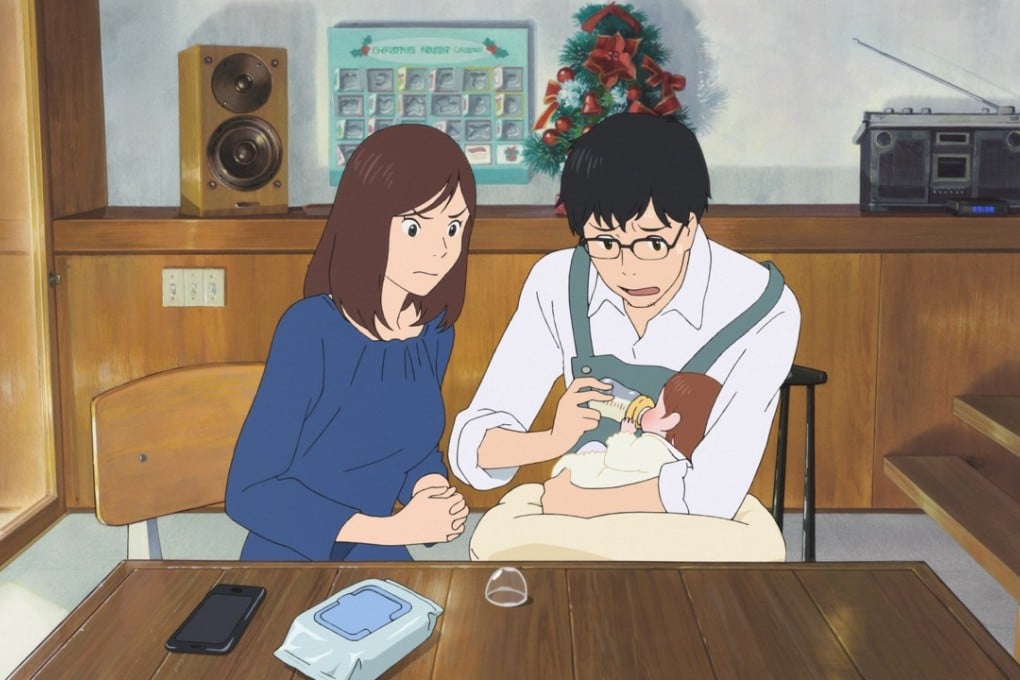The Hayao Miyazaki succession: what’s the big deal, asks Mamoru Hosoda, acclaimed animation director behind new film Mirai
Filmmaker acknowledges debate about who is the successor to Studio Ghibli’s king of animation, but says directors must not merely replicate his success but pursue their own ideas, as he certainly has with Mirai, premiered at this year’s Cannes festival

When Mamoru Hosoda was commissioned by the influential Studio Ghibli to direct Howl’s Moving Castle in 2004, then dropped over creative differences in favour of Hayao Miyazaki, he thought his filmmaking career might be over.
“Before that happened, I had never thought that I would leave a film midway through production,” Hosoda told the Post in Hong Kong, where his latest directorial effort, Mirai, opened the Summer International Film Festival on Saturday.
“I used to believe that once a project has started, it could always be finished. But when I dropped out from that film, my life was greatly influenced – I even thought that maybe I wouldn’t have a chance to make another film. It was a huge setback. It’s not easy for me to come to this point; none of my films since has come easy.”
Yet, less than 15 years later, Hosoda, 50, has established himself as one of Japan’s pre-eminent animation directors. He hasn’t looked back since his fantasy drama The Girl Who Leapt Through Time (2006) garnered worldwide attention. In May, Mirai became the first Japanese animated film to receive its world premiere at the Cannes Film Festival.
Hosoda admits he seldom looks back on his past films. That doesn’t mean his fans should do the same, however. “Yesterday, a young fan told me that she grew up watching the animated work I did for the Digimon series [in the late 1990s and early 2000s],” he volunteers. “I’m happy to hear that my work has had an influence on people.”
